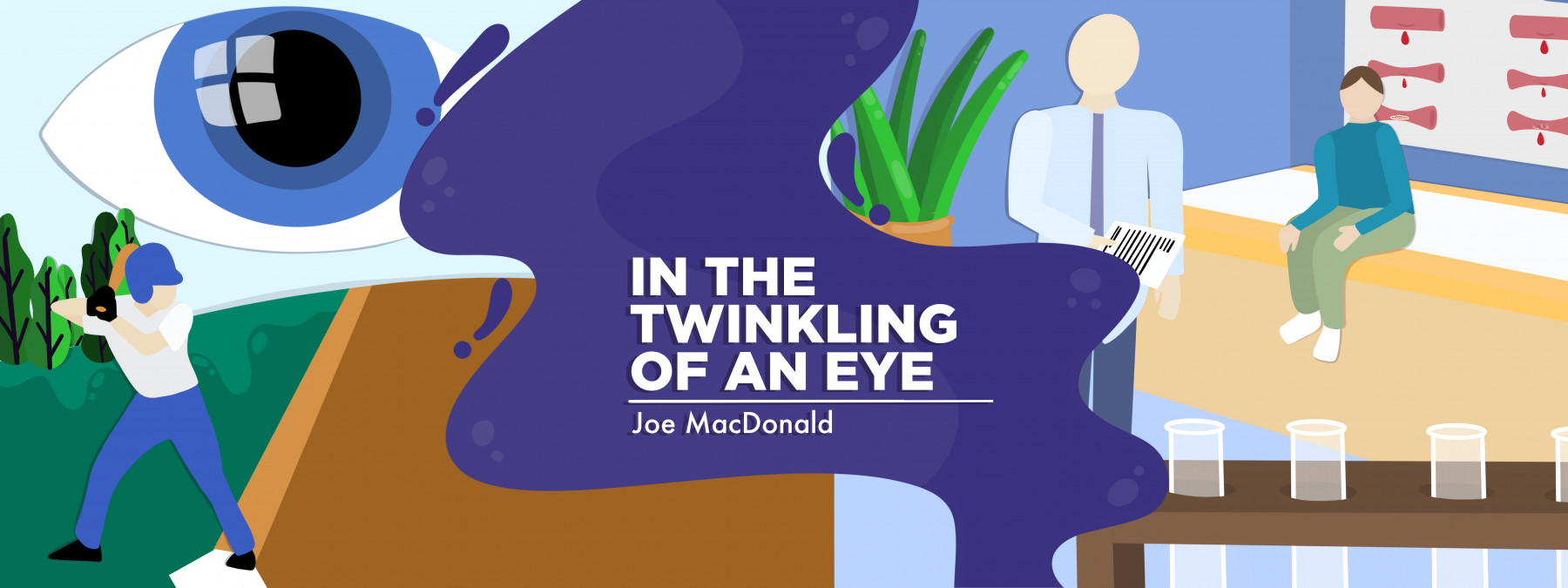Understanding how my role as an advocate has changed over time
As my sons with hemophilia have become adults, I've been making adjustments
Written by |

When my sons with hemophilia were children, my role as their advocate seemed clearly defined. My wife, Cazandra, and I sought as many sources as possible to make the best decisions for their welfare, consulting leading specialists to help us when complications arose and spontaneous bleeding episodes seemed to never end. We ferociously searched out ways to make our boys’ lives easier.
I remember when Caeleb, my youngest son, was hospitalized several times and suffered from debilitating pain because of excessive bleeding episodes in his right knee and leg. We learned that he not only had an inhibitor, but was also allergic to factor VIII, which he needed to stop bleeding into a joint or muscle. As I investigated his response to factor VIII, I discovered that only two other cases worldwide reported the same medical complication. Alternative medications, such as FEIBA (factor VIII inhibitor bypassing activity) and NovoSeven (eptacog alfa [activated]), took extended time to give my boy relief from pain.
Cazandra and I met with our medical team and suggested treating Caeleb’s allergy to factor VIII as a peanut allergy. Everyone agreed, and we went to the National Jewish Health hospital in Denver to meet with an allergist, who prescribed Xolair (omalizumab). After Caeleb received infusions of Xolair for several months, we slowly began to introduce him to factor VIII. To our delight, he responded well to the new regimen and quickly overcame the allergy. Our advocacy paid off, and the mighty MacDonald team shouted for joy.
Stepping back
As my sons turned into men, I realized that my role as an advocate needed to change. My wife and I no longer served on the front lines of their bleeding disorders; they took over our positions, and the medical teams spoke to them first. While we’ve been attending most appointments with them, we’ve had to step back and let Julian, my oldest, and Caeleb serve as their own advocates.
Standing in the back and watching my young men take control of their care was sometimes difficult. I can’t count the number of times I wanted to step in and give my opinion during a medical consultation. I’m happy to say that I maintained my position and allowed my sons to take control of their health.
Providing them with the space to manage their healthcare was not easy, but it was necessary. I equate our roles with a dance. Sometimes we must lead our partners so that they can follow the steps. If we do our job well, our sons will take over leadership and guide us through the dance. We must stand on the side and return to the dance when our boys ask us to join them.
Caeleb recently turned 18 and now meets with his new hematologist, Dulcinea Quintana, through the University of New Mexico Hemophilia Treatment Center, which serves adults. With his first appointment, Caeleb affirmed his new role as an adult in this world.
I understand that Julian and Caeleb have to take control of their healthcare to find their way in the world. While my role has changed in many ways, I’ll continue to stand on the side of the room and remain present as a source of medical information and encouragement. My most incredible title is father; as such, I’ll continue to advocate for my sons and love them wholeheartedly.
I hope Cazandra and I equipped both of our young men to seek as much information as possible when advocating for their health issues. Hopefully, our examples gave them the confidence to remain fearless and formidable when making decisions regarding hemophilia and other issues of chronic illness.
Quoting Psalms 139:14, I look at them and remind them of David’s words: “I praise you for I am fearfully and wonderfully made.” I hope they hold on to the reality that they’re special, unique, and incredible loved by their parents and the God of their understanding.
Note: Hemophilia News Today is strictly a news and information website about the disease. It does not provide medical advice, diagnosis, or treatment. This content is not intended to be a substitute for professional medical advice, diagnosis, or treatment. Always seek the advice of your physician or another qualified health provider with any questions you may have regarding a medical condition. Never disregard professional medical advice or delay in seeking it because of something you have read on this website. The opinions expressed in this column are not those of Hemophilia News Today or its parent company, Bionews, and are intended to spark discussion about issues pertaining to hemophilia.



Leave a comment
Fill in the required fields to post. Your email address will not be published.